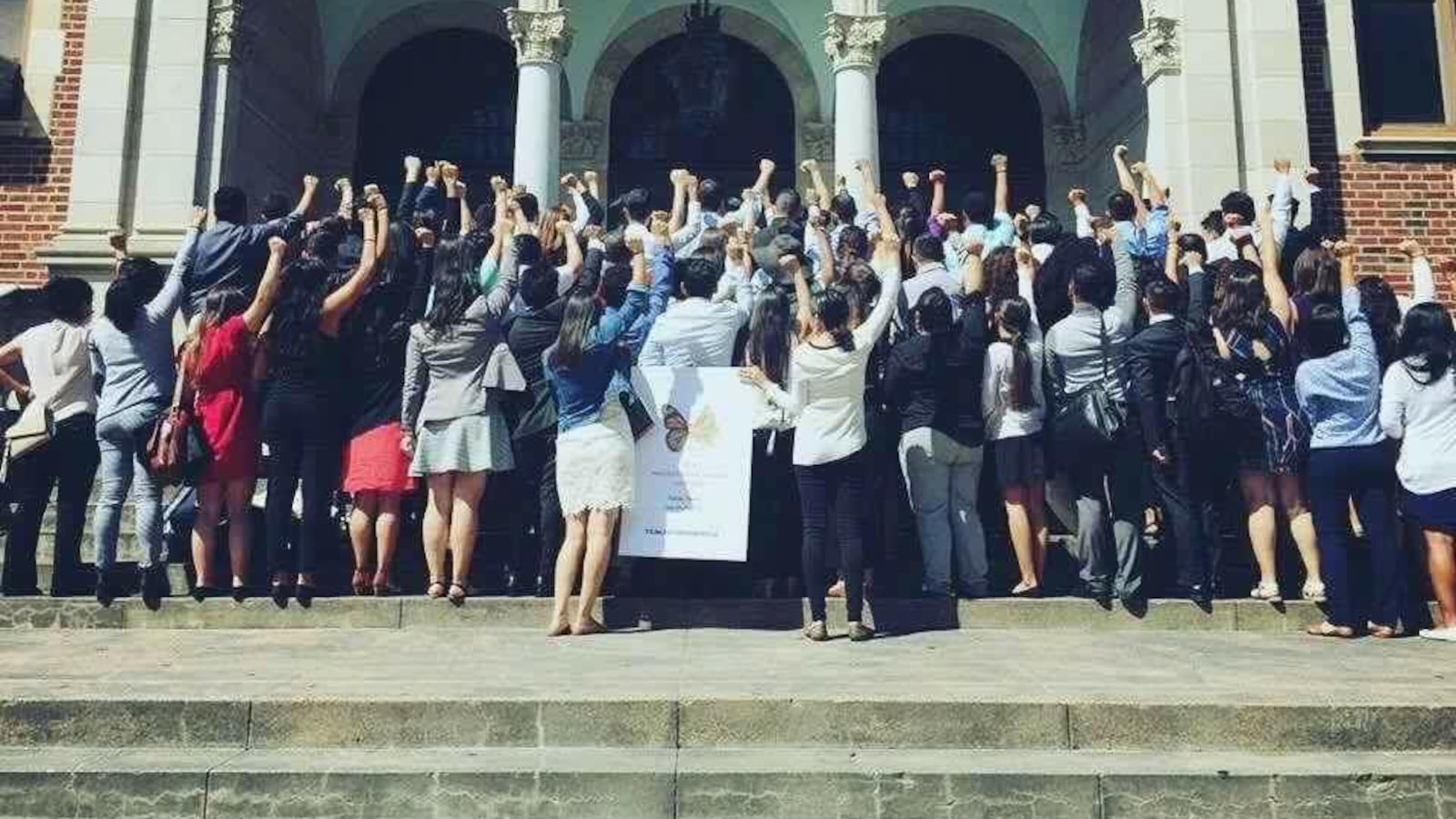The morning after Donald Trump was elected president, a few teachers within Teach For America stayed home.
The educators had secured the right to work through DACA, the Obama administration program that allows young adults who came to this country illegally as children to temporarily live and work without fear of deportation.
Trump had campaigned on a promise of ending the program, and the teachers didn’t know what to tell their students, according to Viridiana Carrizales, the Teach For America official who leads the “DACA-mented” group, which now includes 190 members working with more than 10,000 students.
But as it became clear that Trump planned to follow through on the promise, the teachers made a different decision this week, she said Tuesday.
“Many of our teachers if not all showed up to school this morning because they know they have a responsibility to their students,” Carrizales said. “That’s what so remarkable about this group of people who are doing so much for our community.”
It was a moment of confidence at the start of a school year that will be characterized by uncertainty for the unknown number of teachers across the country who are part of the DACA program, and for the countless students whose loved ones count on the program.
Attorney General Jeff Sessions said Tuesday that the program, which includes about 800,000 people, would “wind down” and urged Congress to develop an alternative.
On Tuesday, Carrizales hosted a phone call for DACA teachers. But like the rest of America, she had little information about how the program’s end would be implemented. One source of comfort, she said: TFA had encouraged DACA teachers to renew their status after Trump was elected, so most teachers will be protected legally until 2019.
“They have been creating plans since November about what this would mean for them,” she said. “It’s very difficult now that we know that it is a reality. We’re working even harder.”
Teach For America is joining many other education organizations in continuing to lobby Congress to pass the DREAM Act, which would create a path to citizenship for undocumented immigrants who came to the United States as children.
“They are so passionate about their work and are worried about their ability to keep doing the work that they care so much about,” Carrizales said.


